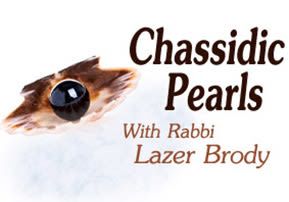
Shlach Lecha: The Fruit of Eretz Yisrael
“And you shall strengthen yourselves and take from the fruit of the Land” - The apparent peculiarities of the above passage raise a number of questions...

“And you shall strengthen yourselves and take from the fruit of the Land” (Bamidbar 13:20).
The apparent peculiarities of the above passage raise a number of questions: First, why is it so important for Moshe (Moses) to see the fruit of Eretz Yisroel? Second, is it possible to imagine that he had any type of physical appetites, so that he wanted to taste a grape or a pomegranate from Israel? And third, why must he tell the spies to strengthen themselves before taking fruit from the land? Is picking fruit so difficult that the spies need prior strengthening?
The questions are easily answered by refreshing ourselves in the flowing sweet waters of Rebbe Nachman's wisdom (see Likutei Moharan I:61). Rebbe Nachman of Breslov teaches that the fruit of the Land of Israel possesses the attribute of the atmosphere, the very air one breathes in Eretz Yisroel, namely, that it makes a person wiser.
Let's take Rebbe Nachman's principle one step further. David Hamelech (King David) said: (Tehillim 111:10), "The beginning of wisdom is the fear of Hashem". Reverence, the fear of Hashem, is a prerequisite for wisdom. So, if the atmosphere of Israel is conducive to wisdom, then it's first and foremost conducive to Yira, or the fear of Hashem. Therefore, as the fruit of Israel equals the atmosphere of Israel, then the fruit of Israel is also conducive to Yira.
Maybe this sounds funny to you. "What, if I eat a banana or an orange from Israel, I'll fear Hashem?" Most likely, not! To attain Yira, one must work hard, learn Torah, pray constantly, study Jewish ethics, and seek a connection with true tzaddikim. So what does this all mean? What's the connection between the fruit of Israel and Yira?
Yira – the fear of Hashem – is the fruit of Israel! The Torah gives us this very hint as follows: "Fruit of the Land" is פרי הארץ in Hebrew. The fear of Hashem, "Yira", is spelled יראה in Hebrew. The inside letters of פרי הארץ are י-ה-א-ר, the exact letters of Yira!
Now, we can understand that Moshe wasn't sending the spies on a shopping spree, with a list of how many dates, figs, and lemons he wanted. No! Moshe was testing the spies, whether they'd look at Eretz Yisroel out of physical eyes (which unfortunately they did, a sin and tragedy that we're still paying for today), and come home with grapes and pomegranates like they did, or whether they'd look at Eretz Yisroel out of spiritual eyes. In the latter case, Moshe hoped that the spies would return with the true fruit of Israel – namely, enhanced fear and awe of Hashem. For that reason, Moshe told them to strengthen themselves for the war against the Yetzer (the evil inclination), who fights tooth-and-nail against anyone who seeks enhanced Yirat Shamayim – is the toughest challenge on earth, requiring a person's complete mental, emotional, and physical strength.
With Hashem's guidance, the following parable further elaborates the mistake of the meraglim, the spies, who looked at Eretz Yisroel through physical rather than spiritual eyes:
Laibel was fed up with life in the big city of Lvov. He decided to sell his modest flat and sundries shop, and to live the robust life of a farmer in the outback of Galicia. But, since a Jew needs a minyan, he chose a shtetyl where he could have the best of both worlds – a quaint little country homestead with garden and cowshed, and a house of study that offered daily prayer with a minyan. As such, Tereschov was perfect for him.
Obviously a greenhorn city slicker, Laibel looked a bit funny to the locals. On the other hand, they looked coarse to him. He felt superior to them, since he knew how to learn Gemora and most of them only knew their daily prayers, Chumash with Rashi, and Tehillim. Laibel began walking around with an elevated nose. But, he was in for a good lesson…
Every Thursday morning, there was a rinok, or outdoor market in Tereschov. The farmers and craftsman from the surrounding villages would take advantage of the morning minyan in Tereschov, then proceed to the market and exhibit their wares, their produce, livestock or anything else they had to sell or barter.
Laibel needed a cow, so he could make his own milk, butter, and cheese. After the morning prayers, still dressed in his brown city-suit, he went down to the market square, strutting in his self-importance. When he reached a gathering of several peasants standing around some Holstein cattle, he declared, "I want to buy a cow!"
Chaimk'e, the quick-witted livestock trader, saw that he had a fat gullible fish on the line. He winked at Simchal'e, the beadle of the Tereschov shtiebel, indicating that he intended to have some fun with the high-brow from Lvov that thought he was smarter than anyone else. He showed Laibel one cow, but Laibel refused, saying that the cow looked too weak. He showed Laibel a second cow, and Laibel turned that one down too, saying it looked too old. He showed Laibel a third cow, which Laibel dismissed with a wave of the hand saying that the price was too high.
"Then what on earth do you want?" asked Chaimk'e, "a cow that gives chocolate milk?" The other Tereschovniks rolled in glee. Who doesn't enjoy seeing the haughty brought down a peg?
"No," answered Laibel, undaunted with nose still well above a ninety-degree angle. "I want something big, young, strong, and not too expensive!"
Chaimk'e bit his own lip to prevent himself from laughing. "I have just the behema for you – a perfect animal at a reasonable price!" He took a young bull that was earmarked for slaughter, and sold it to Chaimk'e for double the price that the butcher would have paid.
Ruvkie, the town jester, couldn't resist one last jibe as Laibel proudly led his newly purchased animal away. "Laibel, save me some buttermilk – I'll pay you triple the market price!"
Laibel couldn't understand why all the peasants were holding their sides and slapping each other on the back, roaring in laughter. "Simpletons," he snarled under his breath, and continued walking home.
Once Laibel reached home, he put the animal in the cowshed and fed it some grain and straw. He then washed out a pail, and sat down to milk the "cow". To his dismay, he couldn't find an udder. "Idiot!" he yelled at himself, slapping himself on the forehead and realizing that he'd been swindled. "If I had only inspected the animal from the inside…"
So too, all of Israel regretted that they followed the terrible advice of the spies, looking at the Land of Israel from material eyes rather than from spiritual eyes. Like Laibel, that should have looked from the "inside", the pnimiut of Eretz Yisroel, its spirituality. Had they realized that with Hashem's continuous personal Divine providence in Eretz Yisroel no harm could befall them, no matter how strong and gigantic their enemies were, they'd have done everything to enter the Land as fast as possible.
Rebbe Nachman of Breslov teaches us that there's no such thing as despair in the world. It's not too late to correct the sin of the spies. By placing emphasis on spiritual gain and acquiring Yirat Shamayim, the fear of Hashem, a Jew – wherever he may be – eats the fruit of Eretz Yisroel. May all of our people be gathered in Eretz Yisroel, soon and in our time, amen.


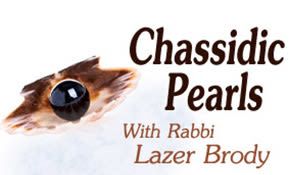
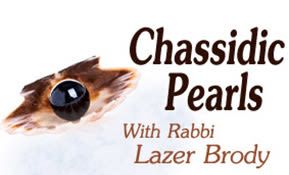
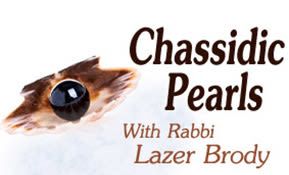
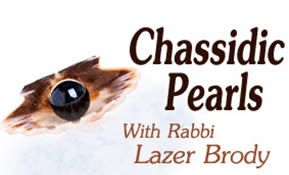

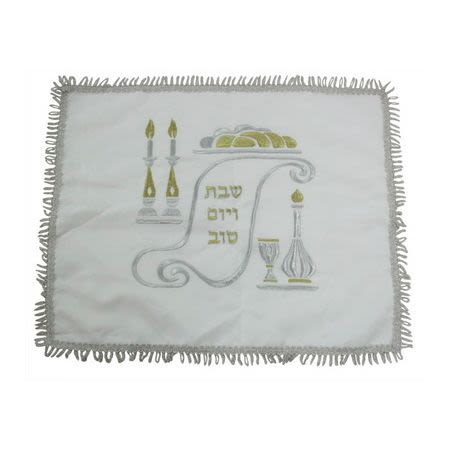
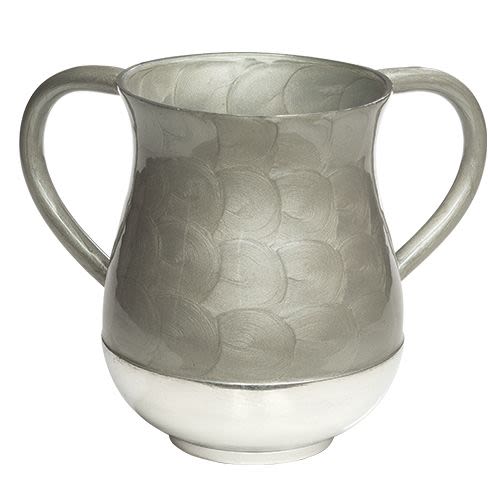
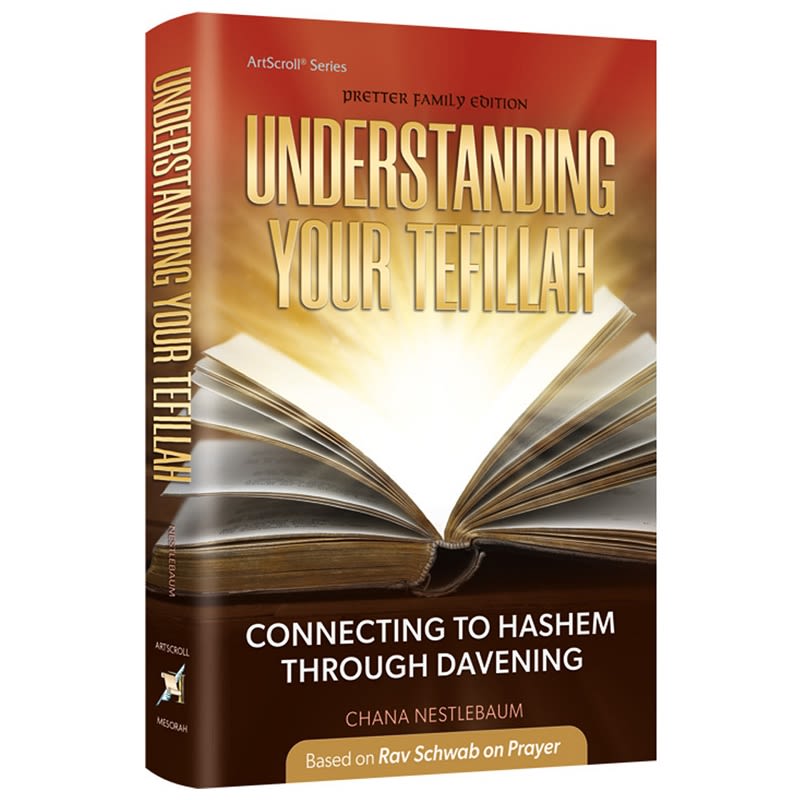
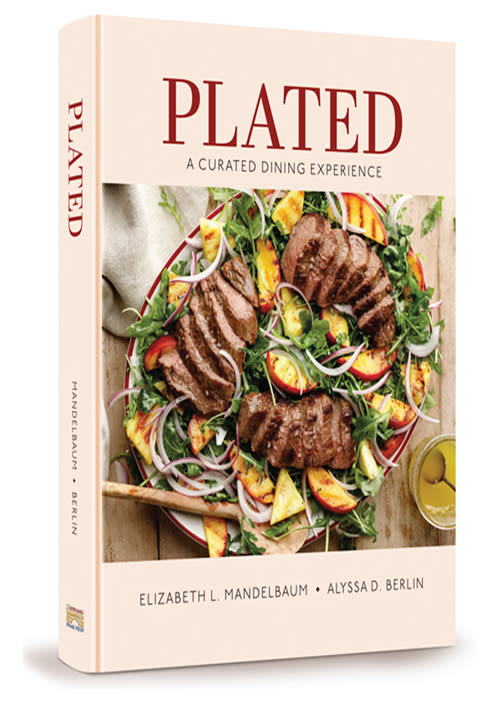
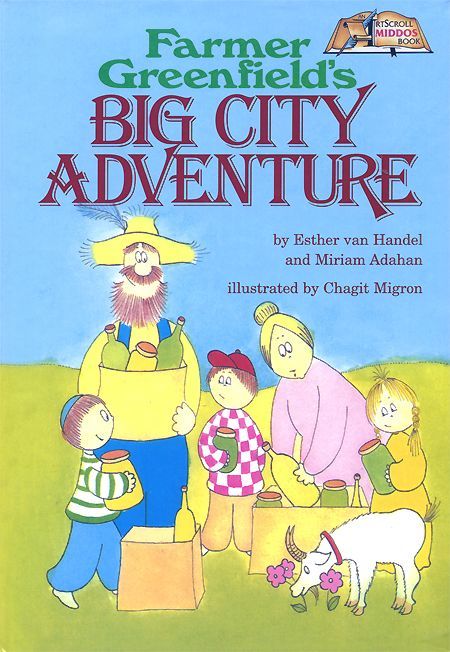
Tell us what you think!
Thank you for your comment!
It will be published after approval by the Editor.